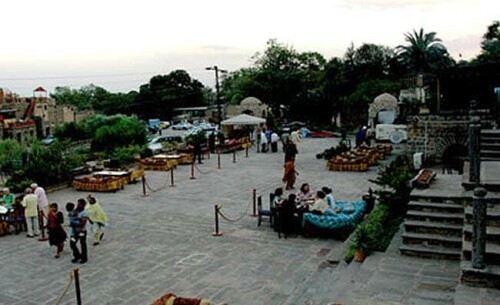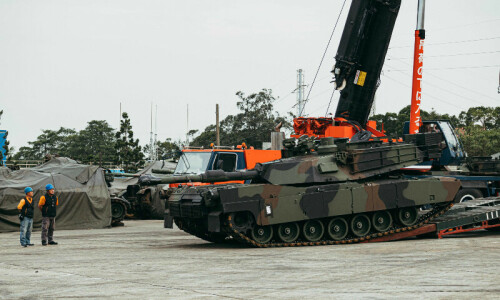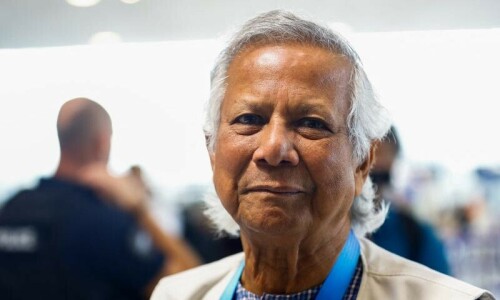Ali Khan, 26, was shocked to discover that the 25 bed integrated hospital in Bhara Kahu did not have the facilities to treat his father.
“The only doctor available at the hospital after initial treatment simply advised me to shift my father to Pims or Polyclinic, as there was no facility to treat critical patients,” Mr Khan said.
The Rural Health Centre, Bhara Kahu was upgraded to the 25-bed Prime Minister’s Integrated Health Centre by former prime minister Yousuf Raza Gilani in 2011. The centre is the only state run hospital that caters to the growing population of Bhara Kahu and its adjoining areas up to Murree.
The facility is under the administrative control of the Islamabad district administration, which in turn falls under the Federal Ministry of Interior.
The federal government on a temporary basis had engaged over three dozen medical and paramedical employees from the Pakistan Institute of Medical Sciences (Pims) and Polyclinic Hospital at the integrated health centre, claiming the facility would “very soon” be provided its own staff.

There were 42 staffers, including a medical officer, a general surgeon, nurses, laboratory technicians, ward employees and dressers from Pims and Polyclinic appointed there.
However, the promise turned out to be little more than a political gimmick. After serving there for two years, the hospitals – which themselves are overburdened – withdrew their staff from the integrated health centre.
“We have a building and facilities, but we don’t have the required doctors and paramedical staff. The inhabitants have taken up this issue at every available forum, but no one is paying any heed towards this major issue that is linked with the 0.4 million residents of Bhara Kahu and its adjoining areas up to Murree,” hospital committee member Waqar Abbasi said.
Noting the unavailability of the required medication and staff, Mr Abbasi dejectedly added: “Perhaps the government thinks one can cure themselves just be looking at the hospital building.”
There are currently three doctors, two men and one woman, who provide first aid.

The x-ray and ultrasound machines, dental units and other facilities are rusting away. “We are facing a shortage of medicines and staff. Under the current circumstances, we are providing what we can provide,” Dr Inam Khan said. He said between 2011 and 2013, the hospital’s outpatient department received 1,000 patients a day, but the number has reduced significantly since.
“Since there is no public sector hospital in this entire area, we are still receiving around 500 patients every day,” he said.
Dr Khan said: “Every two months we are provided medicines which finish after two weeks.”
When contacted, District Health Officer Najeed Durrani admitted that the condition of the 25 bed hospital in Bhara Kahu was deplorable, and added that the overall health infrastructure in the federal capital’s rural areas was in shambles.
“We are facing an acute shortage of staff not only at the integrated hospital in Bhara Kahu but in almost all basic health centres,” he said. He added that no new recruitments were made in the last seven years. “Let along facilities like x-rays and ultrasounds, we are facing a shortage of cheap medicines.”
There are 14 Basic Health Units (BHU) and three Rural Health Centres (RHC) in 133 villages in the capital’s rural territory. None of these are able to provide basic healthcare due to a shortage of staff and lack of facilities. Five RHCs are being run without doctors.
The overall health sector in Islamabad is not faring much better – both Pims and Polyclinic are overburdened.
Doctors can be seen treating patients on stretchers. A visit to Pims on Thursday revealed that 15 patients were receiving medical care on stretchers in the emergency department due to a shortage of beds.
“[It is the] responsibility of the government to expand health facilities, but unfortunately the rurals are interested in the construction of roads instead of establishing more and more health facilities,” a doctor at the Pims emergency department said.
Capital Administration and Development Division minister Dr Tariq Fazal Chaudhry could not be reached for comments despite repeated attempts. However, one of his staff members said the newly appointed minister has a plan to expand the major hospitals of the federal capital.
Published in Dawn, January 17th, 2016
















































Dear visitor, the comments section is undergoing an overhaul and will return soon.